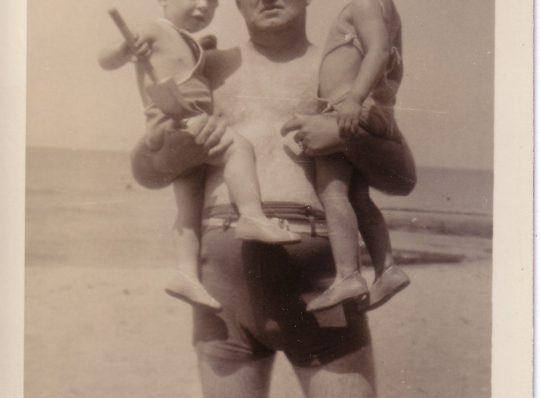I know myself well enough to know that when I blog on a topic that is somewhat related in nature to the blog I just published, it means I’m not  finished expressing myself or thinking things through to completion. That’s the case with the blog you are about to read.
finished expressing myself or thinking things through to completion. That’s the case with the blog you are about to read.
My recent blog on the subject of elder care and caregiver self-respect initiated many interesting comments from readers – from people who care for elderly parents to home care nursing professionals. I’m not surprised. In my travels as author of The Complete Eldercare Planner, and coming in daily contact with people who are in the throes of senior elder care, a day does not go by when I don’t hear personal stories about how verbally abusive and downright mean elderly people can be. These are elders who are in their right frame of mind and have not been medically diagnosed with a mental handicap. Senior care is hard enough. This negative behavior adds fire to fire.
From the time I was very young I was raised to forever and always respect my elders. Whether it be parents, relatives, neighbors, teachers, and parents of friends, if I dared to talk back to an adult I could expect to be punished. Go to your room! No television for a week! The rule is this; adults are always right, and I’m, well… silent.
Fast forward fifty years. I am no longer a child, I’m an adult with children (and grandchildren) of my own. I’m also a family (long-distance) caregiver and caring for an elderly parent. While my age legally qualifies me as an adult, the unwritten rule -- “never talk back to an adult” -- remains forever embedded in my thoughts and actions, and the child-adult relationship dynamic remains intact to this day.
With the “never talk back” rule taped squarely to the center of my forehead, you would think that my hands are tied when being on the receiving end of mean and ornery elderly people. But just the opposite is true, for I have learned how to dig even deeper into my relationship skills.
No one take criticism lightly. When our elders say things like, “You’re stupid. Can’t you do anything right?” we may take it as truth. I know now not to take ANY criticisms personally and I am able to accomplish this by keeping the following thoughts in mind:
It’s not about me; it’s a reflection of what's going on inside of them.
I’m the target of the moment. Their impatience is out of proportion.
I’m doing my best right now and so this is their problem not mine.
As an elder care consultant, I know that an elderly person’s need to be confrontational has many roots. Fear and depression may be masked by expressions of hostility, impatience, and aggression. A medical examination may reveal a condition that can be treated.
In my elder care book, I wrote about personal coping tips in my chapter about caring for the caregiver including talking to myself when I am in this situation. Here are a few of the questions I ask myself as a way to ride the tide:
Is this person in physical pain?
Is he/she frustrated at not being able to perform a task?
Is he/she grieving over the death of a person or pet?
Is this alcohol or drugs talking?
Is he/she having difficulty seeing or hearing?
Is this person making an attempt to restore his/her personal power?
Is this a diversion tactic to avoid another issue?
Is this an attempt to get attention?
“I’m still standing yeah, yeah, yeah.” Thanks, Elton John. I sing you song a lot.
Be sure to sign up for our email notification or bookmark our RSS Feed in your reader.







2 Responses